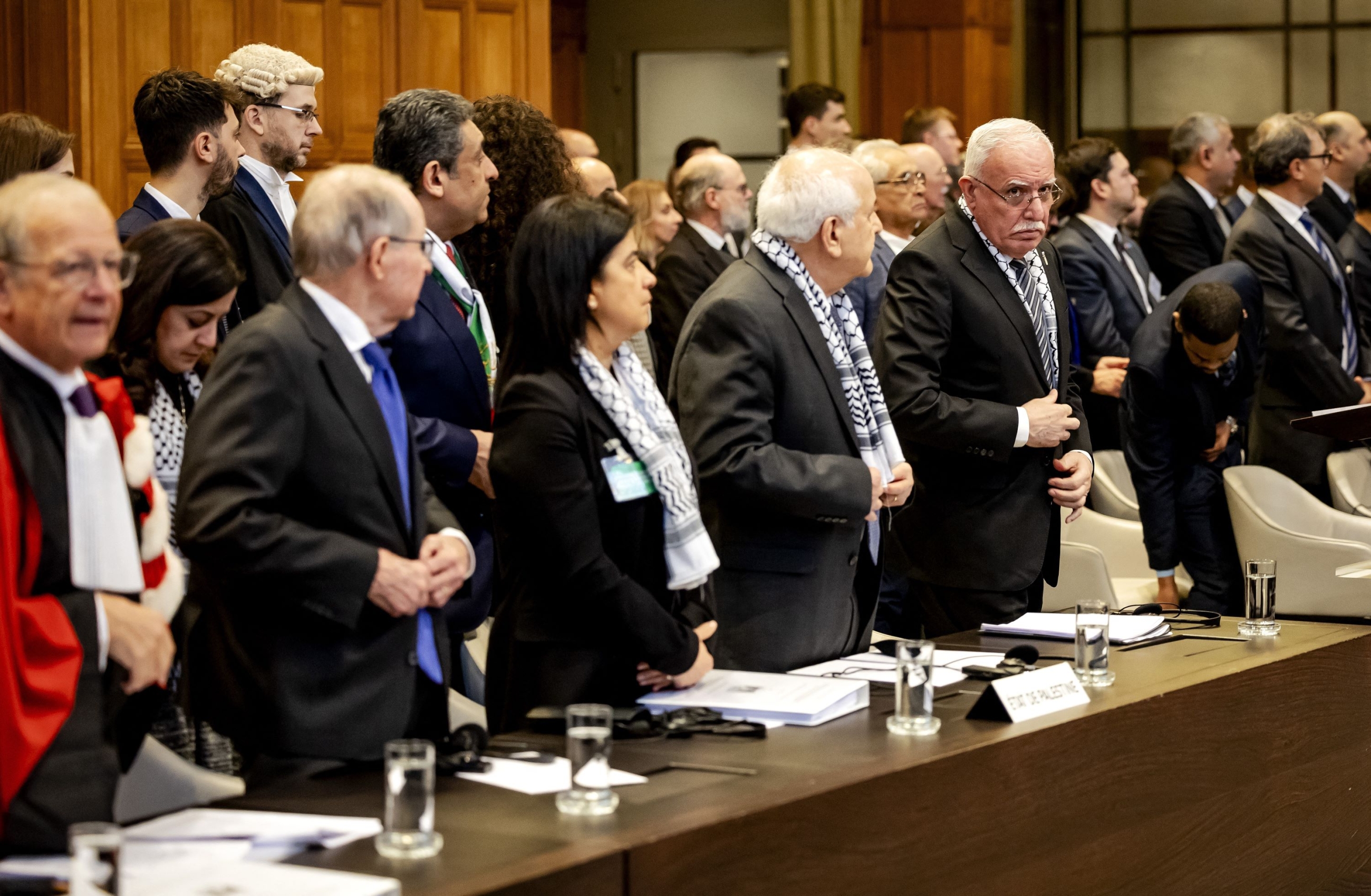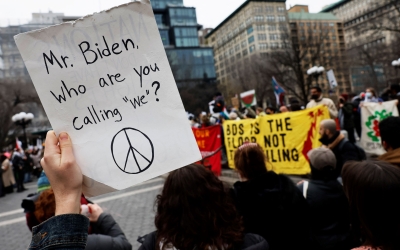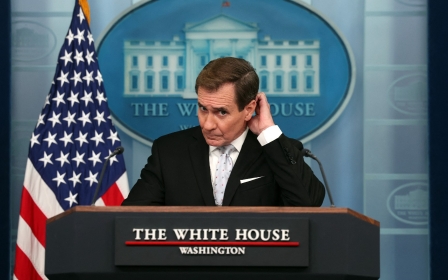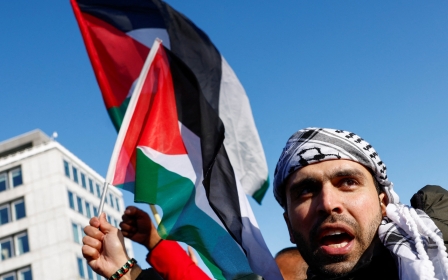Explained: ICJ begins historic hearings on Israel's occupation of Palestine

The International Court of Justice (ICJ) in the Hague began hearing submissions on Monday on the Israeli occupation of Palestinian lands.
Separate to the more well-publicised genocide case brought by South Africa on Israel's attack on the Gaza Strip, the UN's highest court will hear from 52 countries and three international organisations on the legal consequences of Israel’s decades-long occupation. The hearings will contribute to an advisory opinion, an ICJ instrument that has no binding force but carries significant legal and moral authority.
The number of states participating in the oral proceedings is the highest in any case since the ICJ's establishment in 1945.
Israel has been occupying what is recognised under international law as Palestinian land since the 1967 war. East Jerusalem, the West Bank and Gaza all fall under this category, and the separate legal systems, construction of settlements and acts of violence meted out against Palestinian residents are all key factors that will be considered in the hearings.
The current case goes back to December 2022 when the UN General Assembly passed a resolution calling on the ICJ to give an advisory opinion on Israel’s 57-year occupation of Palestinian territories.
New MEE newsletter: Jerusalem Dispatch
Sign up to get the latest insights and analysis on Israel-Palestine, alongside Turkey Unpacked and other MEE newsletters
The assembly voted 87 to 26 with 53 abstentions in favour of the resolution.
The UN General Assembly asked the court for an advisory opinion on the legal consequences of Israel’s “occupation, settlement and annexation … including measures aimed at altering the demographic composition, character and status of the Holy City of Jerusalem, and from its adoption of related discriminatory legislation and measures”.
The UN resolution also asked the ICJ to advise on how those policies and practices “affect the legal status of the occupation” and what legal consequences arise for all countries and the UN from this status.
The hearings will be held until 26 February. After that, the judges are expected to take several months to deliberate before issuing an advisory opinion.
Among the countries scheduled to participate in the hearings are the United States, China, Russia, South Africa and Egypt, as well as international bodies like the League of Arab States, the Organisation of Islamic Cooperation and the African Union. Israel will not participate, although it has sent written observations.
How have states reacted?
Israel has, perhaps unsurprisingly, reacted harshly to the investigation.
In response to the original 2022 vote at the UNGA, Prime Minister Benjamin Netanyahu branded it "despicable" and "disgraceful".
Speaking at the beginning of proceedings on Monday morning, the Palestinian Foreign Minister Riyad al-Maliki spoke about the hardships of occupation, but also mentioned the Palestinian citizens of Israel who he said are treated as "second class citizens" in their "ancestral land".
“More than 3.5 million Palestinians in the West Bank, including East Jerusalem, are subjected to colonisation of their territory and the racist violence that enables it,” he said.
"The UN enshrined in its charter the right of all peoples to self-determination and pledges to rid the world of colonialism and apartheid. Yet, for decades Palestinians have been denied this right."
Ahead of the hearing, representatives from the Palestinian Authority - which has a limited control over parts of the West Bank - said they would argue three key tenets of international law had been violated by Israel:
-
The prohibition on territorial conquest by annexing large swathes of occupied land
-
The violation of Palestinians’ right to self-determination
-
The imposition of a system of racial discrimination and apartheid
What will happen next?
The ICJ will aim to issue an opinion before the end of the year. It would be the second advisory opinion by the world court since 2004, when it issued a landmark opinion on the legality of Israel's construction of a wall in occupied Palestine. The court decided that the wall, often referred to by Palestinians and rights group as the "apartheid wall", was illegal and should be destroyed.
However, more than two decades since the construction of the wall began, at the height of the Second Intifada in 2002, little or no action has been taken to implement the ICJ ruling.
Despite the non-binding nature of ICJ resolutions, rights groups say they can still have an impact, with Human Rights Watch stating on Monday that any opinion issued could "carry great moral and legal authority and can ultimately become part of customary international law, which is legally binding on states".
Middle East Eye delivers independent and unrivalled coverage and analysis of the Middle East, North Africa and beyond. To learn more about republishing this content and the associated fees, please fill out this form. More about MEE can be found here.





